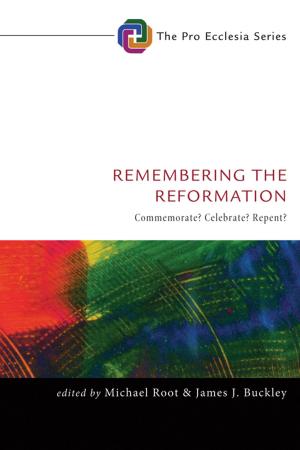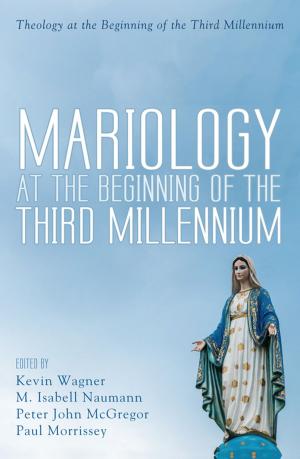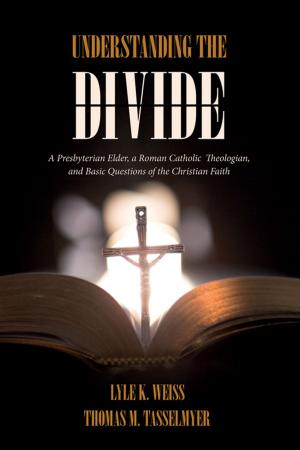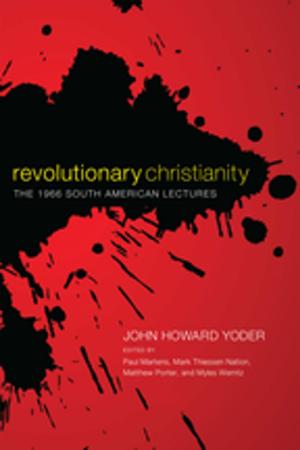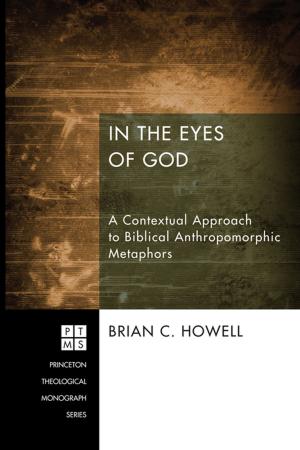| Author: | Hannah Hunt | ISBN: | 9781630879419 |
| Publisher: | Wipf and Stock Publishers | Publication: | March 26, 2015 |
| Imprint: | Cascade Books | Language: | English |
| Author: | Hannah Hunt |
| ISBN: | 9781630879419 |
| Publisher: | Wipf and Stock Publishers |
| Publication: | March 26, 2015 |
| Imprint: | Cascade Books |
| Language: | English |
A Companion to St. Symeon the New Theologian is an accessible guide to one of the great mystical writers of the Eastern Christian tradition. His impassioned writings bring to life the monasticism of the Byzantine Empire at the end of the tenth century. Dr Hunt's succinct analysis of his life, times, and work draws from his homilies, hymns, and other writings to show his unique contribution to the spiritual life. The book details his development as a monk (shaped by the guidance and example of the Studite monk Symeon Eulables), his conflicts with the church authorities, and his inspiration of pupils such as Nicetas Stethatos, who later wrote a biography of his master. Hunt places St. Symeon's conviction that only direct experience of God's divine light confers authority in the context of his work as an abbot and spiritual father. Other aspects of his theology--such as the importance of tears, visions of light, and obedience to one's spiritual father--are also assessed. An indication of further reading, indices, and a comprehensive glossary of unfamiliar terms make this an invaluable addition to the field, both for those studying church history or religious studies and for general Christian readers.
A Companion to St. Symeon the New Theologian is an accessible guide to one of the great mystical writers of the Eastern Christian tradition. His impassioned writings bring to life the monasticism of the Byzantine Empire at the end of the tenth century. Dr Hunt's succinct analysis of his life, times, and work draws from his homilies, hymns, and other writings to show his unique contribution to the spiritual life. The book details his development as a monk (shaped by the guidance and example of the Studite monk Symeon Eulables), his conflicts with the church authorities, and his inspiration of pupils such as Nicetas Stethatos, who later wrote a biography of his master. Hunt places St. Symeon's conviction that only direct experience of God's divine light confers authority in the context of his work as an abbot and spiritual father. Other aspects of his theology--such as the importance of tears, visions of light, and obedience to one's spiritual father--are also assessed. An indication of further reading, indices, and a comprehensive glossary of unfamiliar terms make this an invaluable addition to the field, both for those studying church history or religious studies and for general Christian readers.

